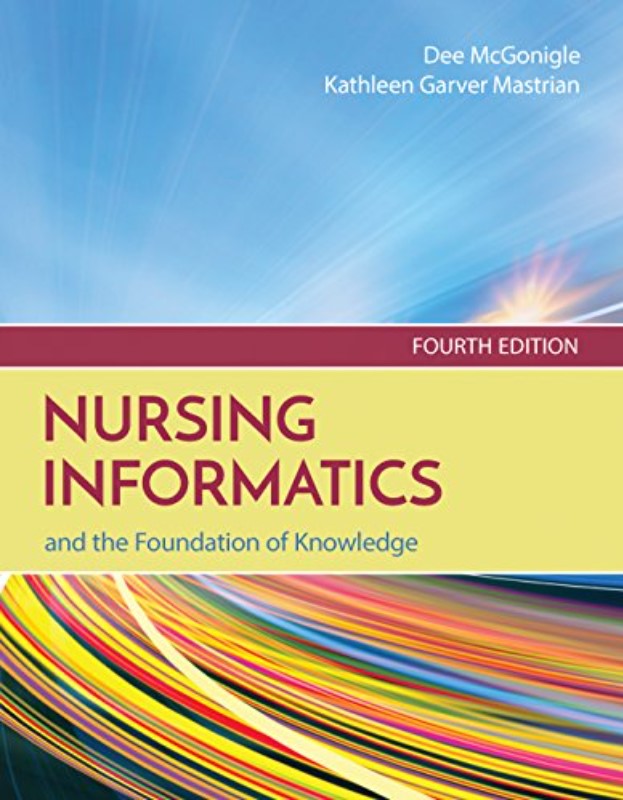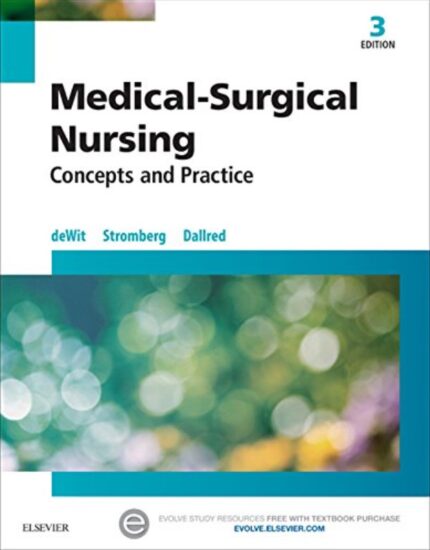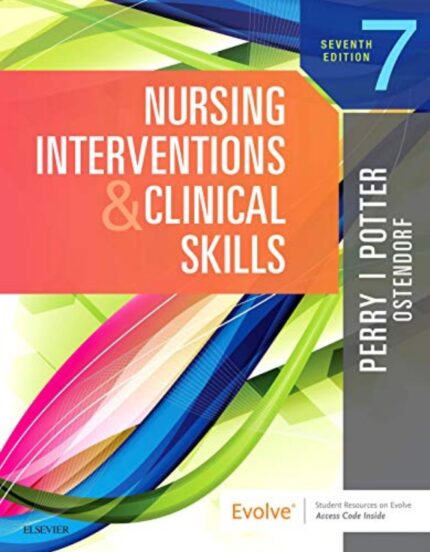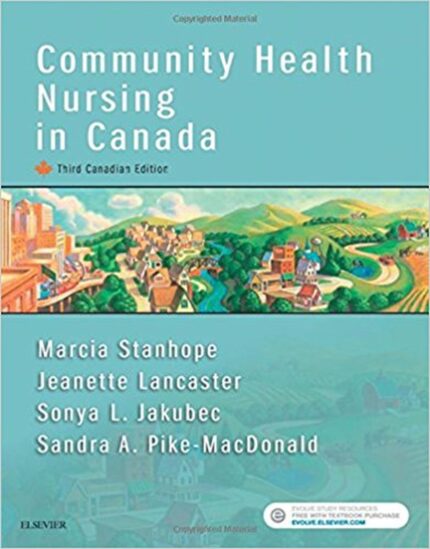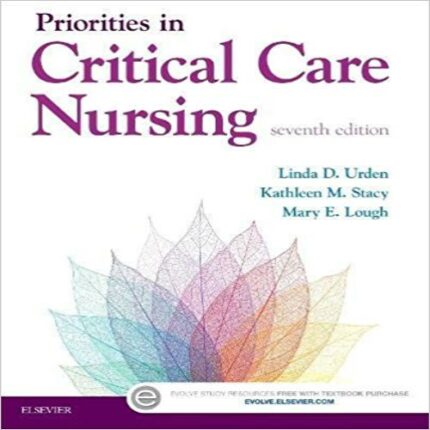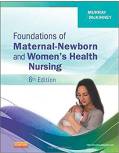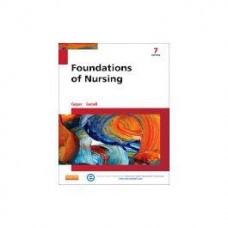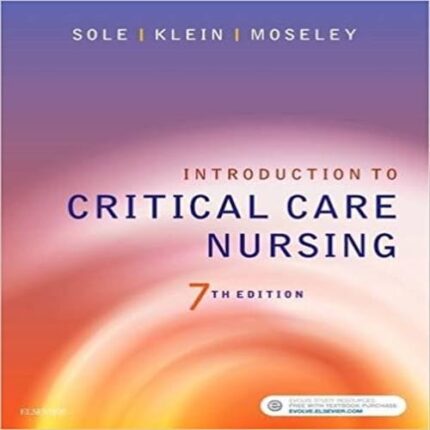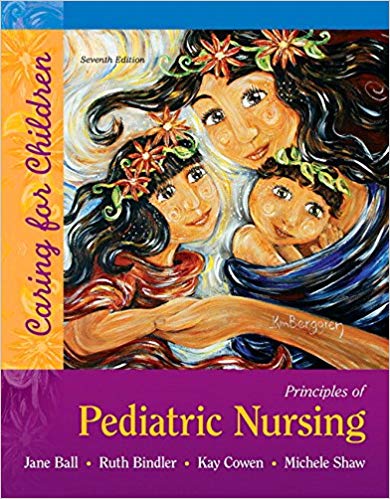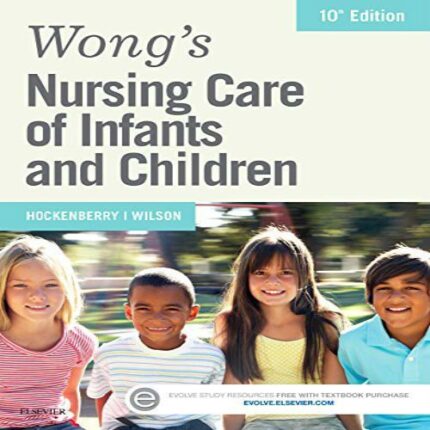Test Bank for Nursing Informatics and the Foundation of Knowledge 4th Edition
ISBN-10:1284121240
ISBN-13:9781284121247
Chapter 1 Nursing Science and the Foundation of Knowledge
The nurse understands that nursing informatics is recognized as a specialty area of practice by
which statement?
1. Research priorities for nursing informatics include the development of a standard nursing
language and the development of databases for clinical information.
2. A formal educational program at the master’s level must be completed before a nurse is
eligible to sit for the credentialing examination.
3. As a differentiated practice, nursing informatics is focused upon the client, the environment,
health, and the nurse.
4. There is a need for nursing informatics interests to gain representation by workgroups and
organizations within the United States.
Correct Answer: 1
Rationale 1: The development of research priorities is a key point in a specialty practice.
Although degrees at the master’s level are available, the degree required for credentialing is
typically at the bachelor’s level and includes experience in the field. Current demands for safer,
cost-effective, quality care require evidence of the best practices supported by research.
Rationale 2: Such a formal educational program does not necessarily mean a specialty area of
practice. Although degrees at the master’s level are available, the degree required for
credentialing is typically at the bachelor’s level and includes experience in the field. The
development of research priorities is a key point in a specialty practice.
Rationale 3: Your chosen response refers to the entire discipline of nursing. The specialty of
nursing informatics integrates nursing science, computer science, and information science to
manage and communicate data, information, knowledge, and wisdom into nursing practice. The
development of research priorities is a key point in a specialty practice.
Rationale 4: There are many workgroups in the United States related to informatics that focus
on the specialty of informatics practice. One example is the Nursing Informatics Special Interest
Group of the International Medical Informatics Association. The development of research
priorities is a key point in a specialty practice.
Global Rationale:
Cognitive Level: Understanding
Client Need: Safe Effective Care Environment
Client Need Sub: Management of Care
Nursing/Integrated Concepts: Nursing Process: Assessment
Learning Outcome:
Question 2
Type: MCSA
Which statement by the nurse verifies that the nurse is “information literate”?
1. “I understand how to search for a website and evaluate its usefulness for health care needs.”
2. “I utilize databases in the health care setting to input client information such as skin
condition.”
3. “I use email over the Internet to correspond with clients and provide information.”
4. “I can use software applications such as word processing, spreadsheets, and presentations.”
Correct Answer: 1
Rationale 1: Information literacy necessitates that nurses have the ability to find, evaluate, and
effectively use information. The other answers are examples of computer literacy but do not have
the higher functions of information literacy.
Rationale 2: Your chosen response is an example of computer literacy, but it does not have the
higher functions of information literacy. Information literacy necessitates that nurses have the
ability to find, evaluate, and effectively use information.
Rationale 3: Your chosen response is an example of computer literacy but, it does not have the
higher functions of information literacy. Information literacy necessitates that nurses have the
ability to find, evaluate, and effectively use information.
Rationale 4: This answer is an example of computer literacy but, it does not have the higher
functions of information literacy. Information literacy necessitates that nurses have the ability to
find, evaluate, and effectively use information.
Global Rationale:
Cognitive Level: Understanding
Client Need: Safe Effective Care Environment
Client Need Sub: Management of Care
Learning Outcome:

